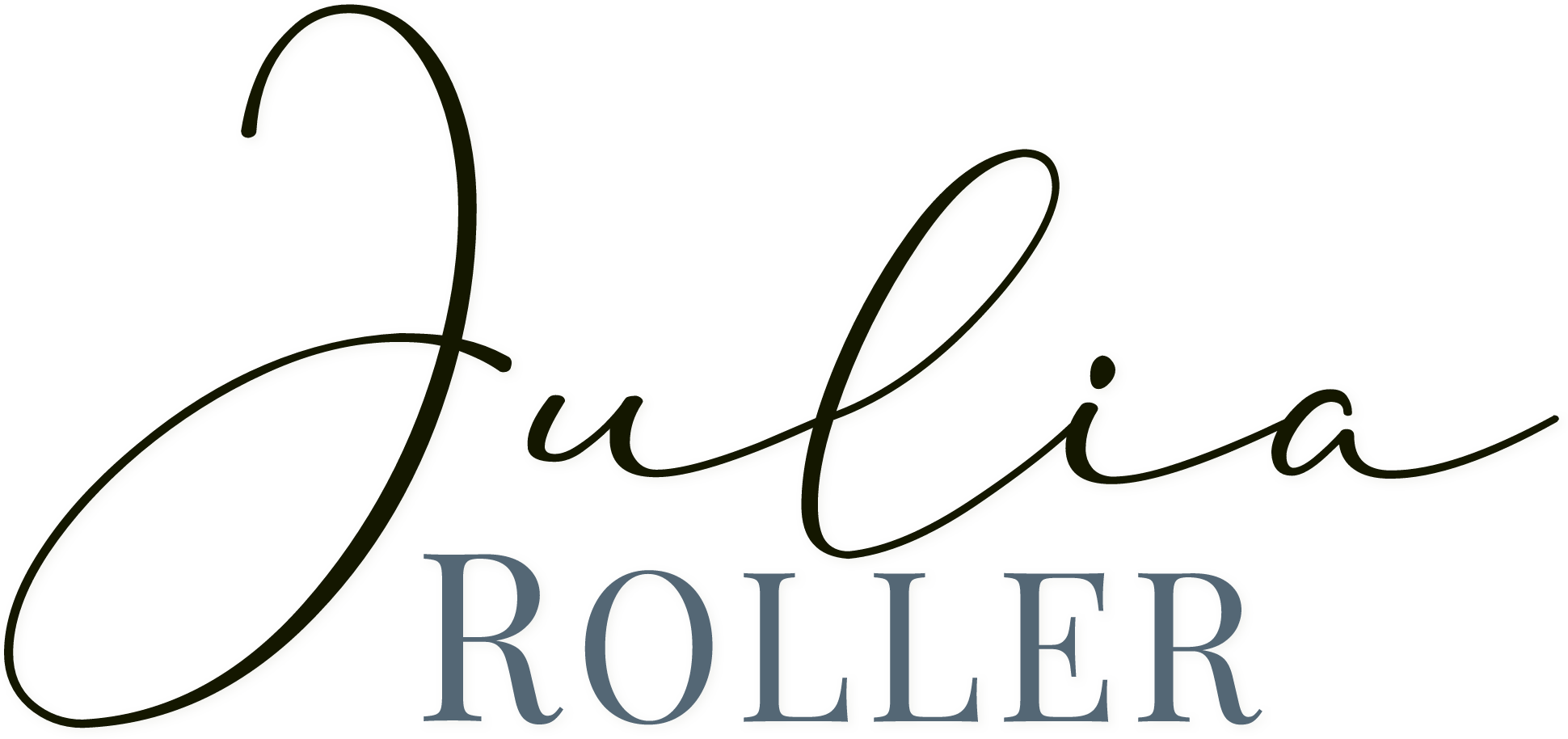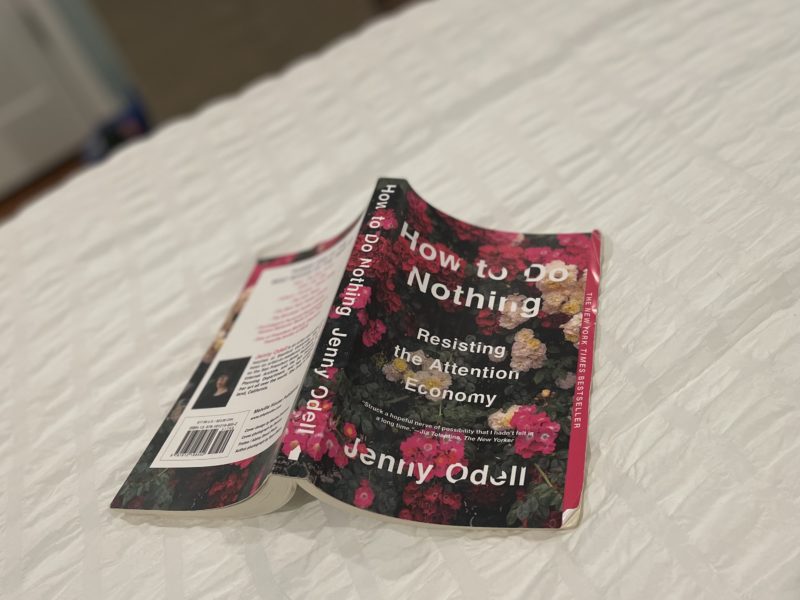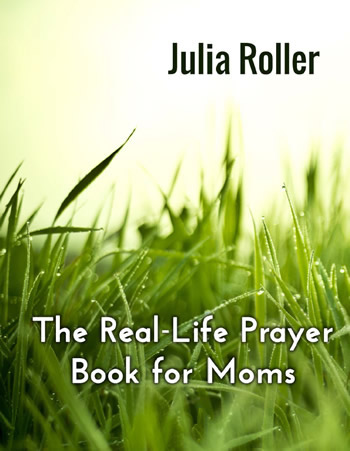All three of my kids are now in school (!) and so sometimes I really look forward to Monday mornings, when I can finally GET THINGS DONE. Anyone else relate? Recently, I had a week planned where I was going to be oh so productive—plan out the spring semester for the MOPS group I coordinate, work on this blog post, and prep for an important meeting with my agent—not to mention catch up on all the school and volunteer and life stuff that always seems to lurk in wait.
But then two members of my family tested positive for breakthrough Covid infections, and none of that other stuff happened. In between caring for the sick ones we isolated in my bedroom, bringing them their meals and taking the empty dishes out, talking to all three of my kids’ schools about their quarantine and isolation rules, trying to schedule Covid tests and procure more at-home testing kits, and entertaining the bored kids who weren’t sick, there wasn’t much time left for all those things I’d planned to be doing. Just as I was starting to get in a rhythm of caretaking, I tested positive and then so did my youngest. The family fell one by one in a protracted, two-week-long version of dominos.
We all had relatively mild symptoms (and are fine now), yet it really slowed us down. When I first entered the “isolation area” after testing positive, I wondered what I would do with myself for five whole days. I imagined sorting through my sock drawer or organizing the space under my sink in the bathroom or at the very least, catching up on the magazines and newspapers that multiply on my counter at an unholy rate.
I didn’t do any of that.
What did I actually do? Sleep. That was the only thing I really managed to apply myself to, other than British crime dramas on Netflix.
Perhaps because I felt sick but not THAT sick, I felt terribly guilty for not being productive. The irony is that I’d already planned the topic for this blog post: How to Do Nothing—based on the book of the same name by Jenny Odell. This book is all about challenging society’s ideas about what is productive. Isn’t it fun when God makes you your own object lesson?
You’d think I’d understand this point by now. After all, nothing fundamentally challenges your ideas about being productive like being a mom (interestingly, not something Jenny Odell deals with in her book). There is no satisfying checklist of things to accomplish that move you forward toward achieving a goal, at least not a goal in the way we are accustomed to thinking about goals. How many of you have said to your spouse after a long day? “Well, I kept the baby/toddler/teenager alive. All day. Again!”
But this idea of productivity is so deeply ingrained in us that it’s hard to resist. We are supposed to accomplish stuff, stuff that is measurable. We are to multi-task and optimize and streamline, all in the name of being more productive. And when we aren’t productive in the ways that society celebrates, when we’re changing diapers or taking care of our sick families or simply resting because we ourselves are sick, it’s easy to feel like we’re not successful. Even to feel guilty.
I vividly remember the panicky feeling I’d get when my oldest was a baby and he would finally go down for one of his twice daily half-hour naps. There was so much To Get Done in the space of those thirty minutes. I needed to wash my bottles and pumps, answer my email, get a little chunk of editing or writing done, throw in a load of laundry. Sometimes I’d be so paralyzed by trying to figure out what to do first that I’d still be trying to decide when my son woke up. (When I look back to that time, I think it’s no wonder that I felt like such a failure in my early days of motherhood.)
The trouble is I still feel that way all too often, including this morning when I sat down at my computer and had a minor panic attack about which of the urgent work and family things was the MOST urgent. Even when I enlist my handy numbered “Things to Do” notepad to write those tasks down (which helps) and actually get started on one (which helps even more), I still feel a kind of low-level anxiety virtually all of the time about not getting all the things done I should have.
I believe the information overload of today’s world is one of the reasons I feel that way. Because that panicky feeling of not getting the right things done with my time, of not being productive in an important way, is no longer dictated by the real circumstances of early motherhood but now is often a direct result of how overwhelmed and distracted I am by the multitude of media available to me.
Any time I have a free moment, I tend to fill it up with podcasts or social media images or videos or streaming music or checking emails or texts. It feels kind of productive in a way, doesn’t it? I never have to stand in line bored or do the laundry in silence. But all that noise creates a kind of chaos in my soul—where I’m so distracted all the time that I am slowly but surely losing my ability to focus on what really matters.
In How to Do Nothing, Jenny Odell describes what we often experience on our phones and other screens as a “permanent state of frenzy,” egged on by all the media companies in a race for our attention, with a result not unlike sleep deprivation tactics used by the military (p. 59). She suggests that the solution is not to retreat from all engagement with social media, for instance, but simply to pay attention. To truly notice what it is you are doing or not doing, what ads are coming onto your screen and what your reaction is to them, what you are choosing to listen to and why. In other words, autoplay is not your friend.
Here’s an example from my own life. YouTube has recently started to throw a copious number of clips from “Say Yes to the Dress” my way after my six-year-old daughter and I watched one together. I found myself watching one last night as I brushed my teeth. Why? I’m certainly not looking for wedding dress suggestions. I don’t even particularly like that show. I just was looking for something to look at for a few minutes while I did something else, and that was the most appealing of the offerings. It was the path of least resistance.
I wasn’t really paying attention to what I gave my attention to.
But I don’t want to spend all my time doing what an algorithm tells me. Breaking free from that starts with paying attention to why I pressed play on that clip. Paying attention to what I really wanted to do at that time and what would leave me feeling the most happy, calm, and peaceful. When I think of it that way, I know it’s not a YouTube clip from a lightly staged bridal shopping reality show that I want to give my precious attention to.
Maybe that’s the answer. Our attention is a commodity to advertisers, and maybe we should view it the same way. Instead of just focusing on what I should prioritize in my work hours, I should apply that idea everywhere. The result would be a lot more attention on God, which requires silence to listen. And experience has taught me that doing that will help me prioritize better elsewhere.
Having Covid did, apart from the murder shows, provide me with some time and space to listen. I wasn’t frantically trying to get my to do list in the right order so I could get started on it. My to do list was basically wake up, eat, nap. For the space of a few days anyway, I did nothing and it felt pretty great.
But of course I wasn’t actually doing nothing. I was resting and allowing my body time to defeat the virus. Jenny Odell refers to these interludes we sometimes have in our lives, what she calls a period of “removal” where we are out of our normal life for a time and then return changed. Having a few days away is helpful, but I’ve also found that even a few minutes of silence, of attention, is helpful too.
Today, as I was brushing my teeth and getting dressed, I rejected Say Yes to the Dress, closed YouTube, and actually paid attention to brushing my teeth and getting dressed. It felt . . .productive.



